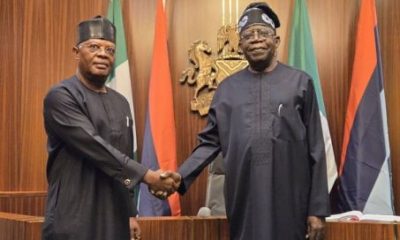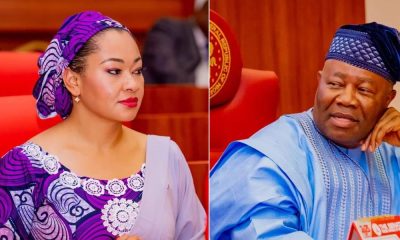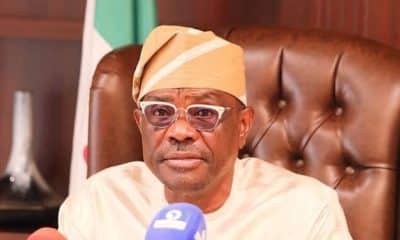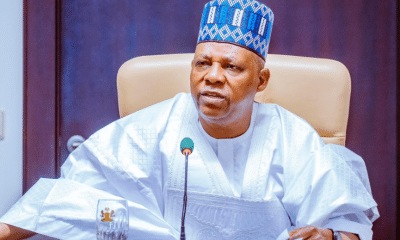Nigeria News
NLC, TUC Give Update On Strike After Meeting With FG Delegation
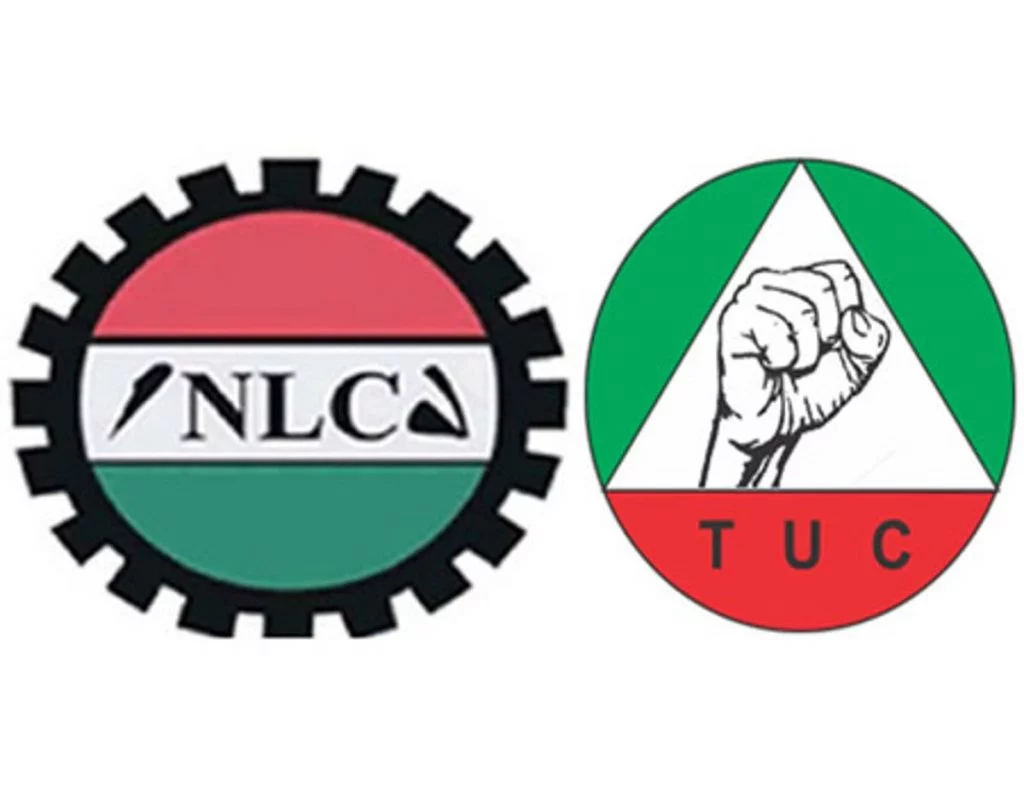
The Nigeria Labour Congress (NLC) and Trade Union Congress (TUC) are set to convene on Tuesday to consult their members and make a decision regarding the ongoing nationwide strike.
This follows the conclusion of the meeting between the labour leaders and the federal government delegation led by the Secretary to the Government of the Federation (SGF), George Akume, on Monday.
The labour unions had embarked on an indefinite nationwide strike on Monday over the dispute with the federal government on the new minimum wage for Nigerian workers.
However, Akume summoned the labour leaders to a meeting during which resolutions were reached on fast-tracking the process of arriving at a conclusion on a new minimum wage.
Organized labour will meet their organs on Tuesday and decide on the strike.
Meanwhile, the Minister of Labour and Employment, Nkeiruka Onyejeocha, has called on Organised Labour to halt its ongoing nationwide strike, which has significantly disrupted economic activities across Nigeria.
Speaking on Channels Television’s “Politics Today” on Monday, Onyejeocha emphasized the extensive economic losses incurred since the strike’s onset, affecting businesses, airports, universities, hospitals, and the power sector.
During her appearance, she highlighted the complexities in determining a new minimum wage, noting that it involves not only the Federal Government but also state governments and the Organised Private Sector.
She pointed out that the aftermath of the strike’s first 24 hours had brought considerable hardship to Nigerians, urging the labour unions to return to the negotiating table.
The minister stressed the impracticality of the ₦494,000 wage demand by the Nigeria Labour Congress (NLC) and the Trade Union Congress (TUC), indicating that several state governments are still struggling to meet the ₦30,000 minimum wage set in 2019.
She argued that any new wage agreement must reflect the economic realities, including the productivity and financial capabilities of employers.
Onyejeocha urged the unions to consider the ₦60,000 offer proposed by the government and the private sector, cautioning that the higher demand could exacerbate the already high inflation rate, which stands at 33.69%.



